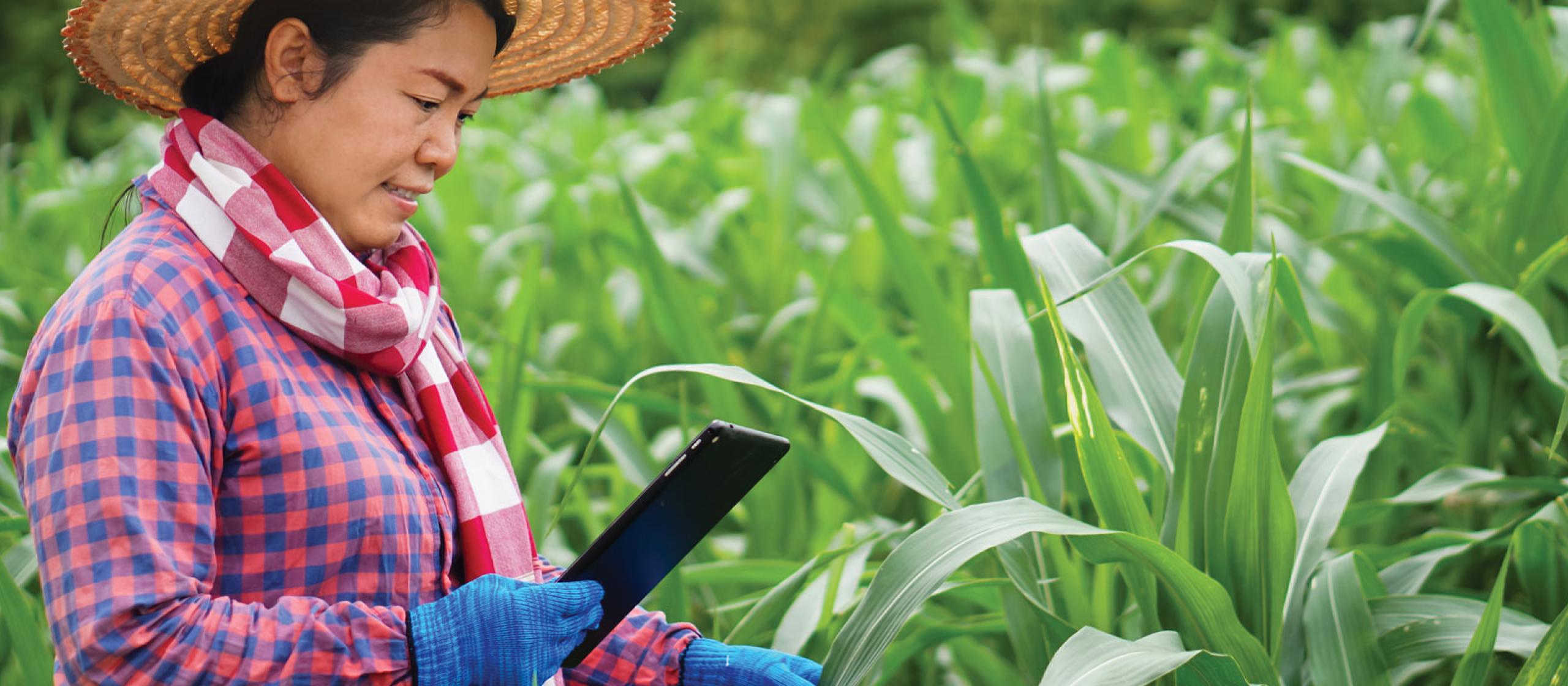One of the major barriers that smallholder farmers face in embracing new technologies and more efficient processes is limited access to finance. Two ACIAR-supported projects are underway to assess how financial services can be improved to invest in whole-of-value-chain improvements, new technologies and value adding.
The first of these projects is an agricultural value-chain project, building knowledge about how to design and implement innovative and inclusive financing models in Indonesia, Vietnam and Myanmar. The project began in 2018 and will conclude in 2024.
It began with an assessment of the current landscape of agriculture value-chain finance, including an analysis of how gender affects access to finance.
Dr Alan de Brauw, a senior research fellow at the International Food Policy Research Institute and project leader, said this revealed that female farmers regularly had less access to capital than their male counterparts.
The project has continued to engage with the gender dynamics of agriculture finance, exploring gender-based financial decision-making throughout various value chains.
Another key finding was limited government-supported low-interest loan options for disadvantaged groups, especially for agriculture.



